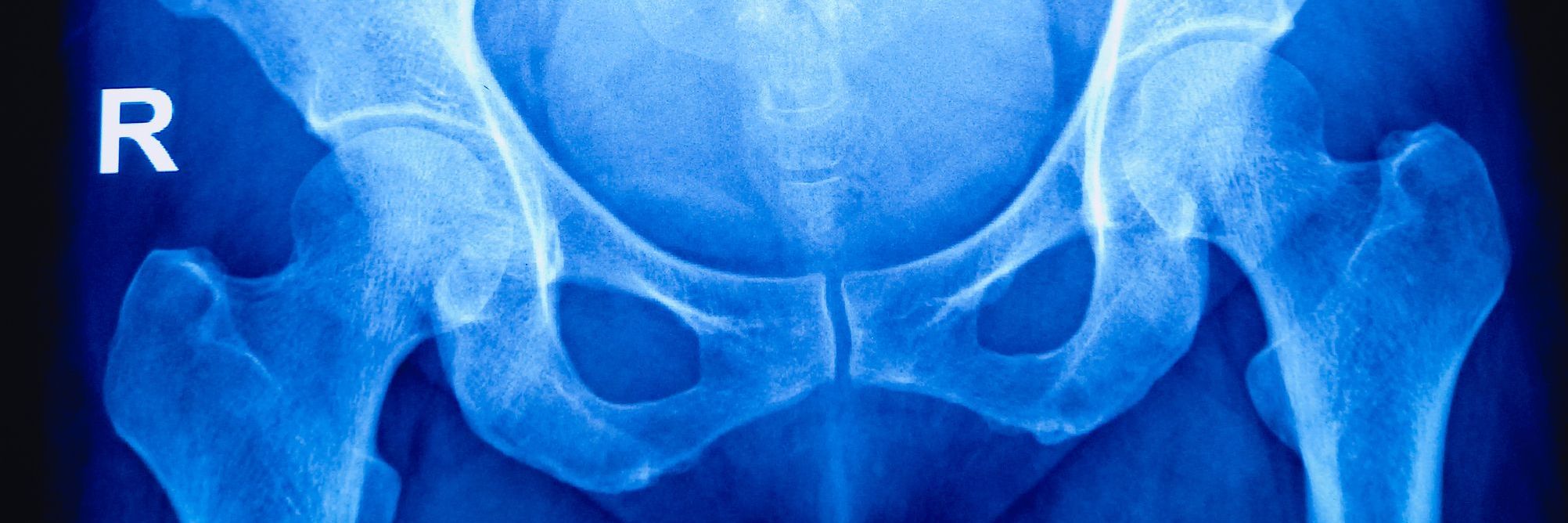The following is a summary of “Visualizing How to Use Antipsychotics for Agitated Delirium in the Last Days of Life,” published in the January 2023 issue of Pain Management by Imai, et al.
The use of antipsychotics for managing agitated delirium in the last days of life varies among physicians, which may impact the quality of care provided to patients. For a study, researchers sought to assess adherence to an algorithm-based treatment for terminal agitated delirium and explore its effectiveness and safety in palliative care.
A prospective, observational study was conducted in a 27-bed palliative care unit. Adult cancer patients with agitated delirium were included, as indicated by a modified Richmond Agitation-Sedation Scale (RASS) score of +1 or higher. In addition, eligible patients had an irreversible etiology for delirium, an estimated survival of three weeks or less, and an Eastern Cooperative Oncology Group (ECOG) performance status of three or four.
An algorithm was used to guide the administration of antipsychotics, with the treatment goal of achieving no agitation (RASS≤0) or acceptable agitation based on patient and family preferences. Nonpharmacological management was provided to alleviate delirium symptoms, and antipsychotics were administered if nonpharmacological approaches were insufficient. The adherence rate to the algorithm, RASS scores, Nursing Delirium Screening Scale (Nu-DESC) items 2, 3, 4, and Agitation Distress Scale (ADS) item 2 were measured on specific days leading up to the patient’s death.
A total of 164 patients were enrolled in the study. The adherence rates to the algorithm were 99%, 94%, and 89% on days one, three, and seven, respectively. Treatment goals were achieved in 66%, 83%, and 93% of patients on days one, three, and seven, respectively. The mean RASS score decreased from +1.41 to -0.84 on day three. Nu-DESC and ADS scores also showed a decline, indicating reduced delirium symptoms. However, seven severe adverse events were reported on day three, including aspiration, apnea, tremor, and muscle rigidity.
The algorithm-based treatment approach for terminal agitated delirium demonstrated feasibility, effectiveness, and safety in the palliative care setting. Visualizing how palliative care specialists provided pharmacological management through the algorithm may benefit nonspecialist clinicians. Further empirical testing was needed to validate the findings and explore the clinical, educational, and research implications of the approach.
Source: jpsmjournal.com/article/S0885-3924(23)00036-2/fulltext

















